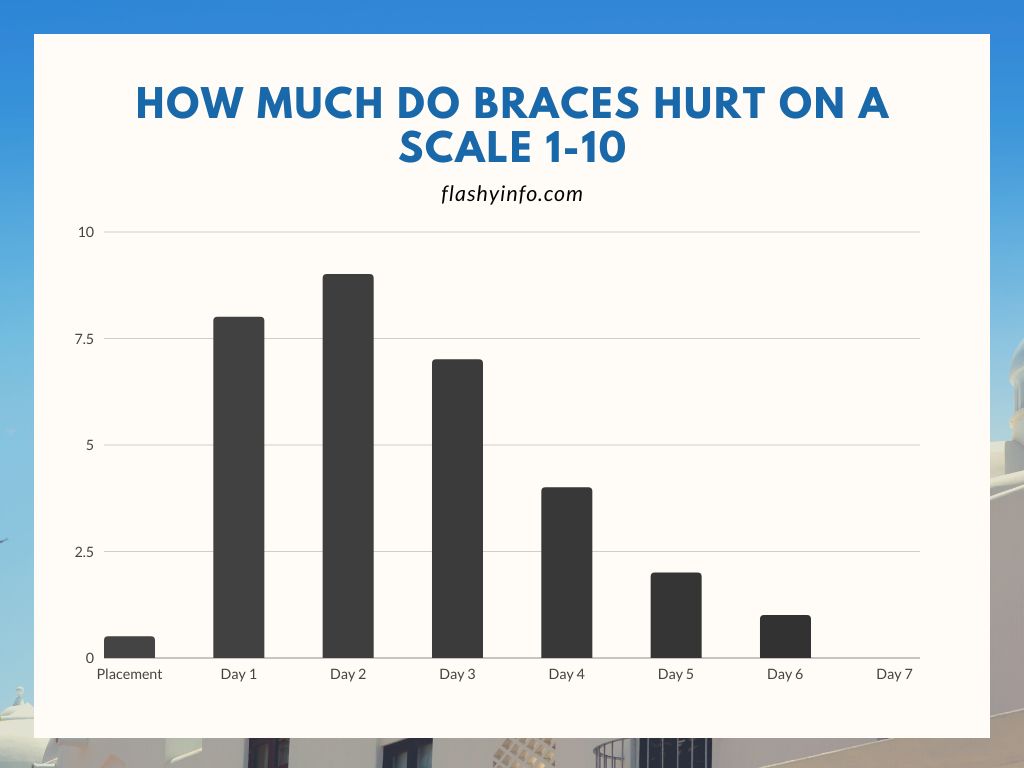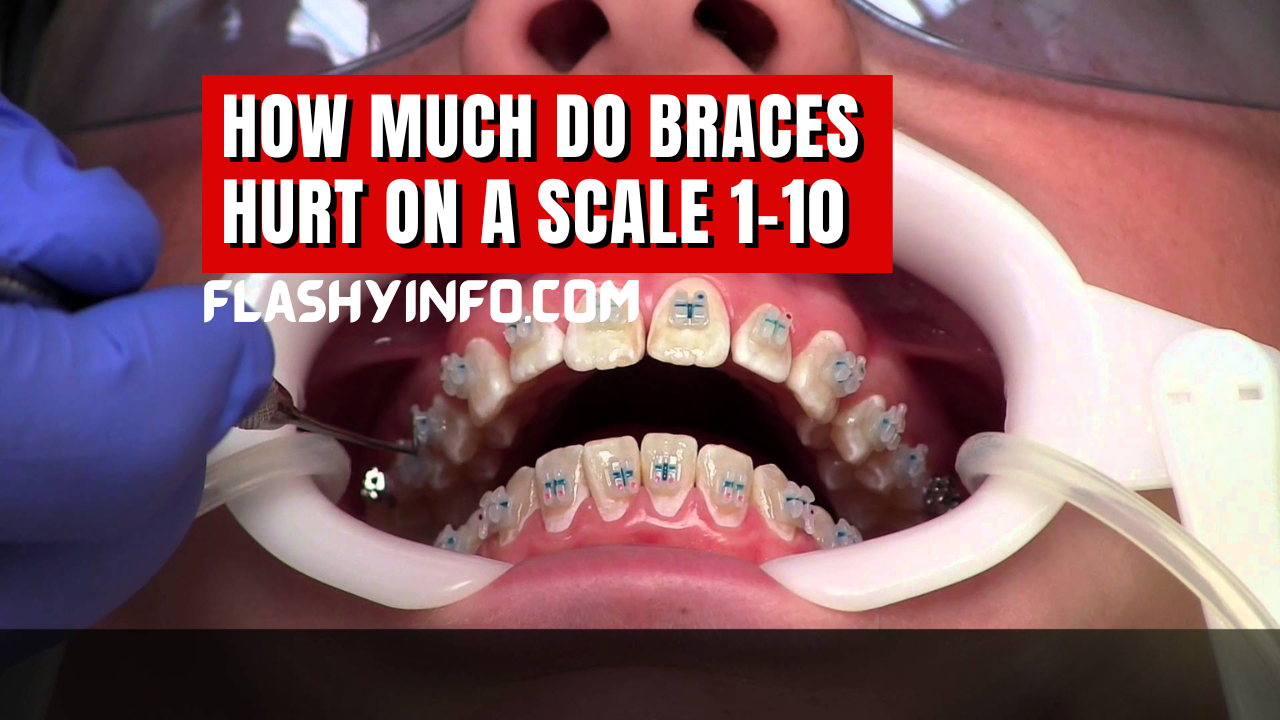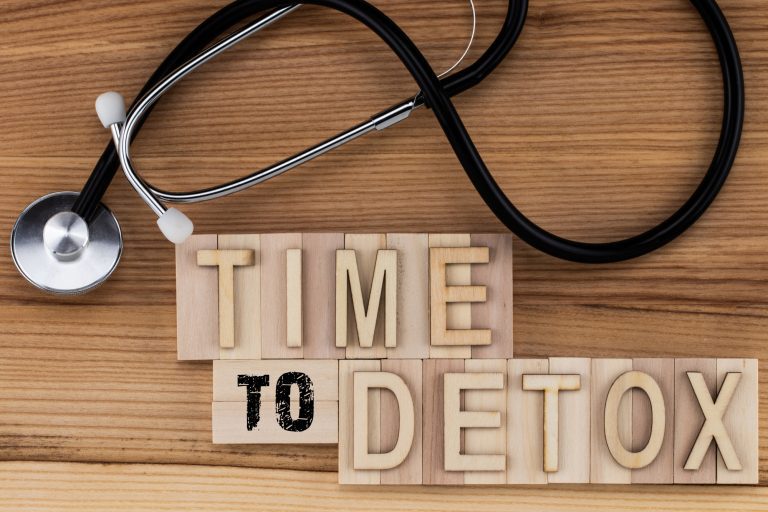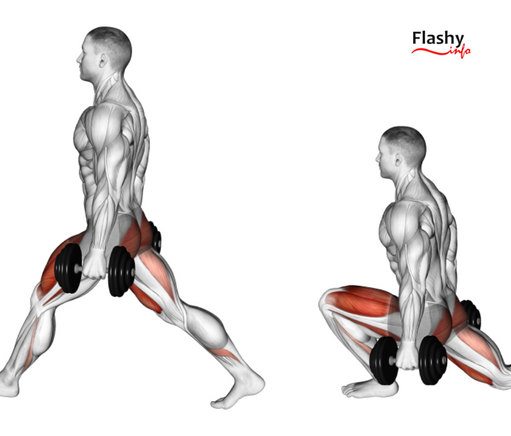How much do braces hurt on a scale 1-10?
Braces can be painful but the question is how much do braces hurt on a scale 1-10? Here is the complete chart of the first 7 days. Taking over-the-counter pain relievers can help. You can also try avoiding sticky, hard or crunchy foods. Nevertheless, the pain is temporary, and you will have a beautiful smile in the end. Read on to learn how to minimize discomfort.

The pain is at 0 at Placement Time
The pain goes to the 8 levels on Day 1
The pain goes to the 9 levels on Day 2
The pain goes to 6 levels on Day 3
The pain goes to 4 levels on Day 4
The pain goes to 2 levels on Day 5
The pain goes to 1 level on Day 6
The pain goes to 0 levels on Day 7
What to do just after you are done with braces
Pain relievers
People who are getting braces often wonder how much they will hurt. The truth is that the pain from braces will vary widely from person to person, and even within a single person, there are different pain levels. There are certain things to keep in mind, however, when evaluating braces pain levels.
Over-the-counter pain relievers can help with the pain. However, these pain relievers aren’t meant to replace advice from an orthodontist. Your dentist may recommend topical pain relievers, such as ibuprofen or Advil, which will reduce the discomfort. You may also want to drink cold drinks and foods to reduce the pain. The cold sensation will also help you to relax. You should also brush your teeth immediately afterward.
If your orthodontist prescribes pain relievers, make sure you take them as directed. Taking pain relievers may help to relieve your discomfort, although you may need to take them several times. Pain relievers with acetaminophen and ibuprofen seem to work the best.
Taking over-the-counter pain relievers
Over-the-counter pain relievers can help you manage the pain from braces. You can apply them to the area where you are experiencing pain using a clean finger or a cotton swab. While they may not taste good, they can help ease your discomfort.
If you are concerned about the side effects of over-the-counter pain relievers, you can consult your orthodontist for recommendations. He or she will have experience with different types of pain management and may have tried a few different remedies that have been helpful to others. You should also follow the instructions on the packaging of over-the-counter medications carefully, since some of them may have side effects.
NSAIDs (non-steroidal anti-inflammatory drugs) can block certain chemical reactions that are required to rebuild structures around the teeth. They also reduce the level of procollagen, which is a crucial part of collagen formation in the body. It’s also necessary for rebuilding bone and periodontal structures. Acetaminophen, meanwhile, is a common pain reliever, but it’s not an anti-inflammatory. Therefore, you should only take it as needed.
Avoiding hard, crunchy, or sticky foods
Eating sticky or hard foods can hurt your braces, so if you’re wearing them, you need to avoid them. Sticky candies and chewy candies can get stuck in the spaces between the braces and teeth. This will gradually destroy the braces. Chocolate is also tricky because it can stick to the braces.
If you must eat hard, crunchy, or sticky foods, try to cut them into slices. You can also chew on unsweetened applesauce. Soft fruit such as bananas, kiwis, or grapefruits is best, because they won’t hurt your braces. Avoid eating crunchy or hard foods while you’re wearing braces, especially raw vegetables.
Foods that may cause pain include hard crackers, sticky snacks, and hard taco shells. You also should avoid chewy snacks such as popcorn, which can lodge between your braces. In the first few days after your braces are put on, you may experience some discomfort while chewing. Sticky and hard foods also increase the risk of cavities, so stick to soft and easy-to-chew foods. If your braces are painful, your orthodontist will be able to help you with the situation.
Cleaning braces
Cleaning braces is an important part of orthodontic treatment. It is important to regularly brush and floss your teeth with braces while they are in place. This will keep plaque and bacteria from building up in between teeth and gums. This bacterial buildup can cause more complicated periodontal problems if not treated.
Getting braces can cause mouth irritation. While the brackets may not directly cause mouth sores, they can exacerbate them. To combat these mouth sores, you can use a saltwater mouthwash. It is important to brush after every meal, as braces can catch food.
Avoiding mouth sores
During your braces treatment, it is important to avoid mouth sores as much as possible. These sores are very painful and can lead to an infection, so taking preventative measures will help you avoid them. One of the most important precautions is to avoid eating spicy or acidic foods. You can also apply an OTC pain reliever to the affected area. This will soothe the mouth and make the sore less painful.
While mouth sores are common and can be painful, they can be easily avoided by practicing good oral hygiene. Bacteria and food particles can irritate mouth sores, which can make them worse. By keeping your mouth clean and brushing daily, you can avoid the discomfort of mouth sores and help yourself maintain a healthy smile.
Keep Visiting Flashy Info







